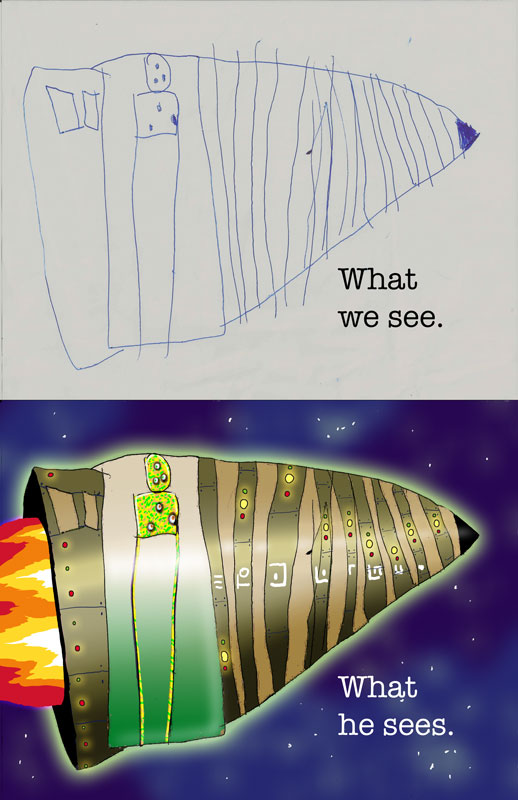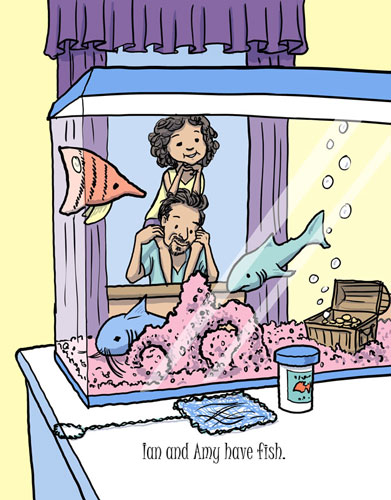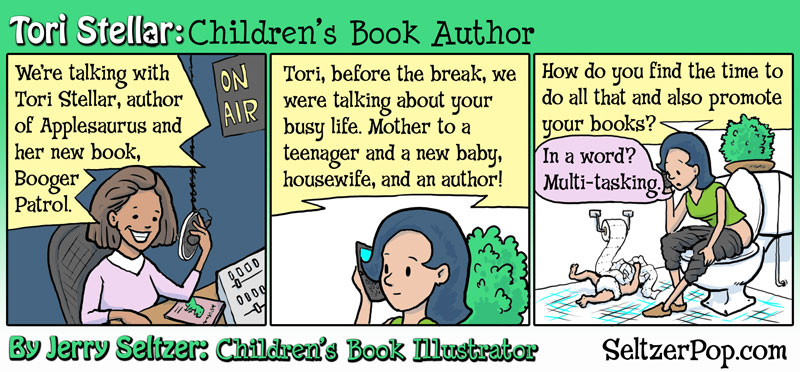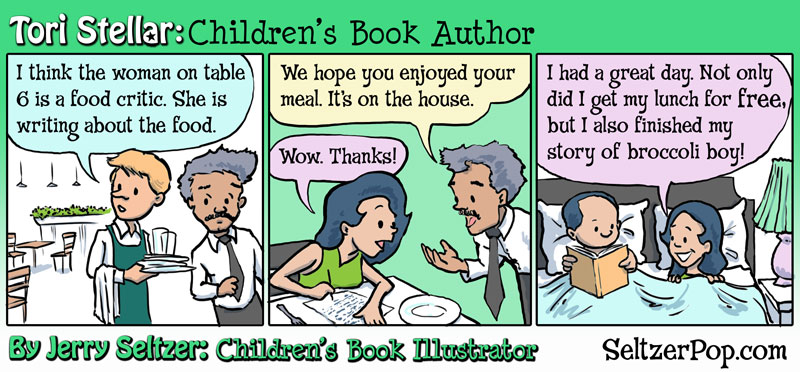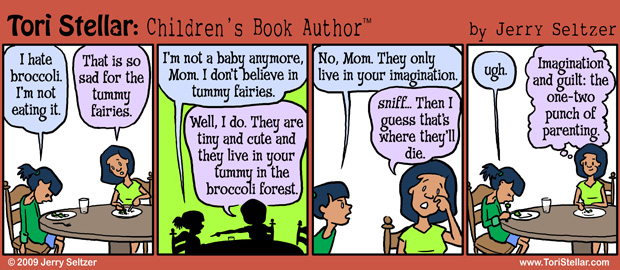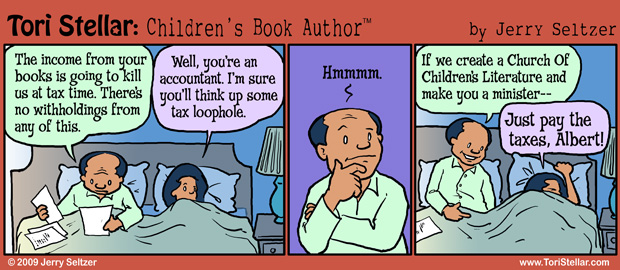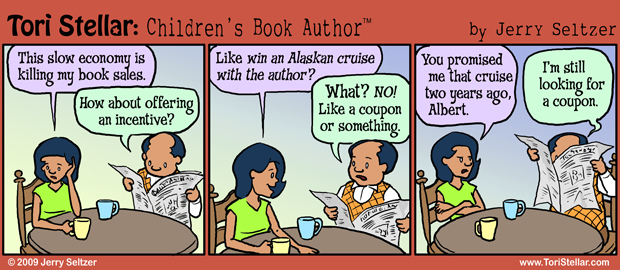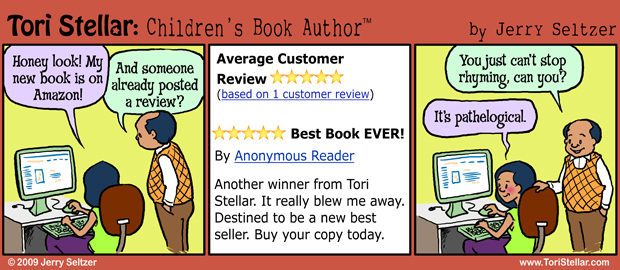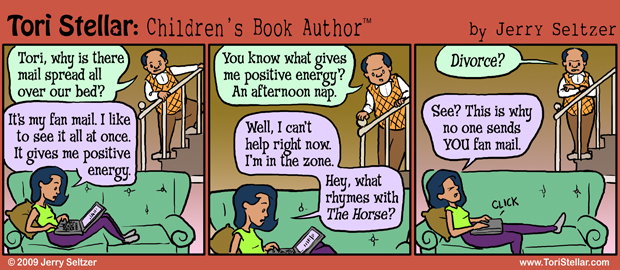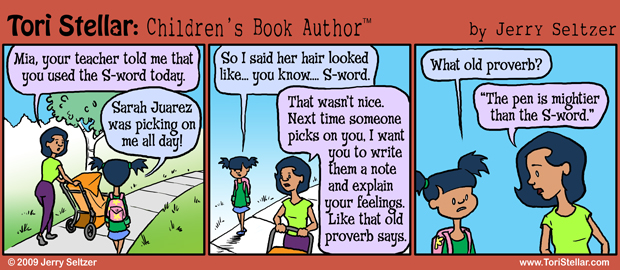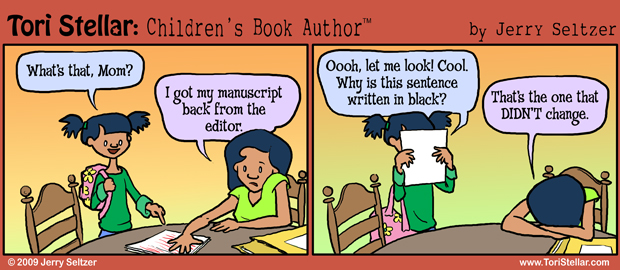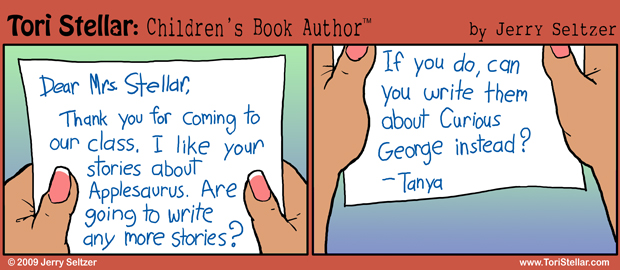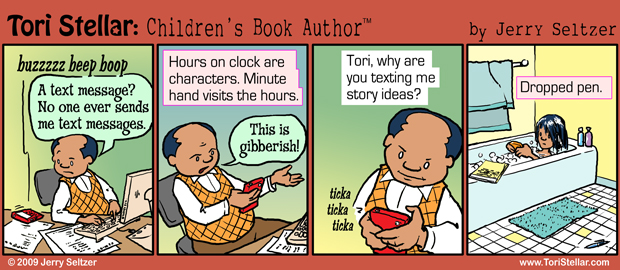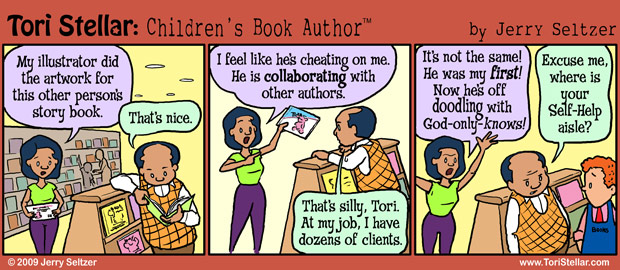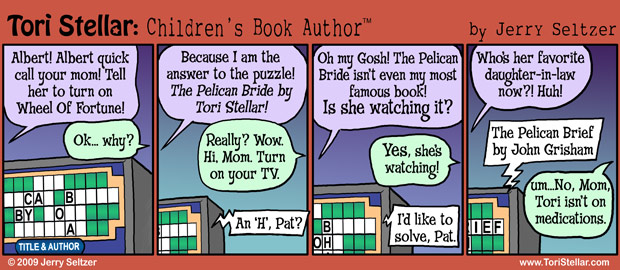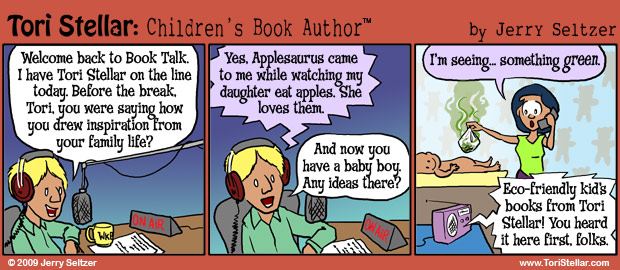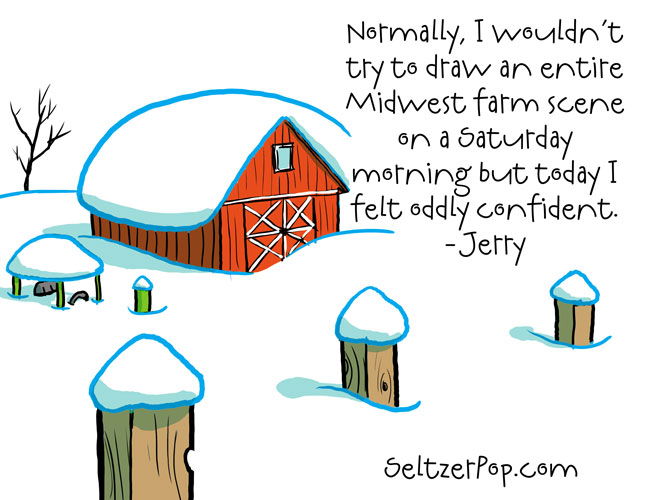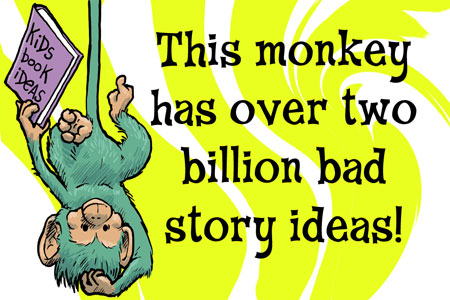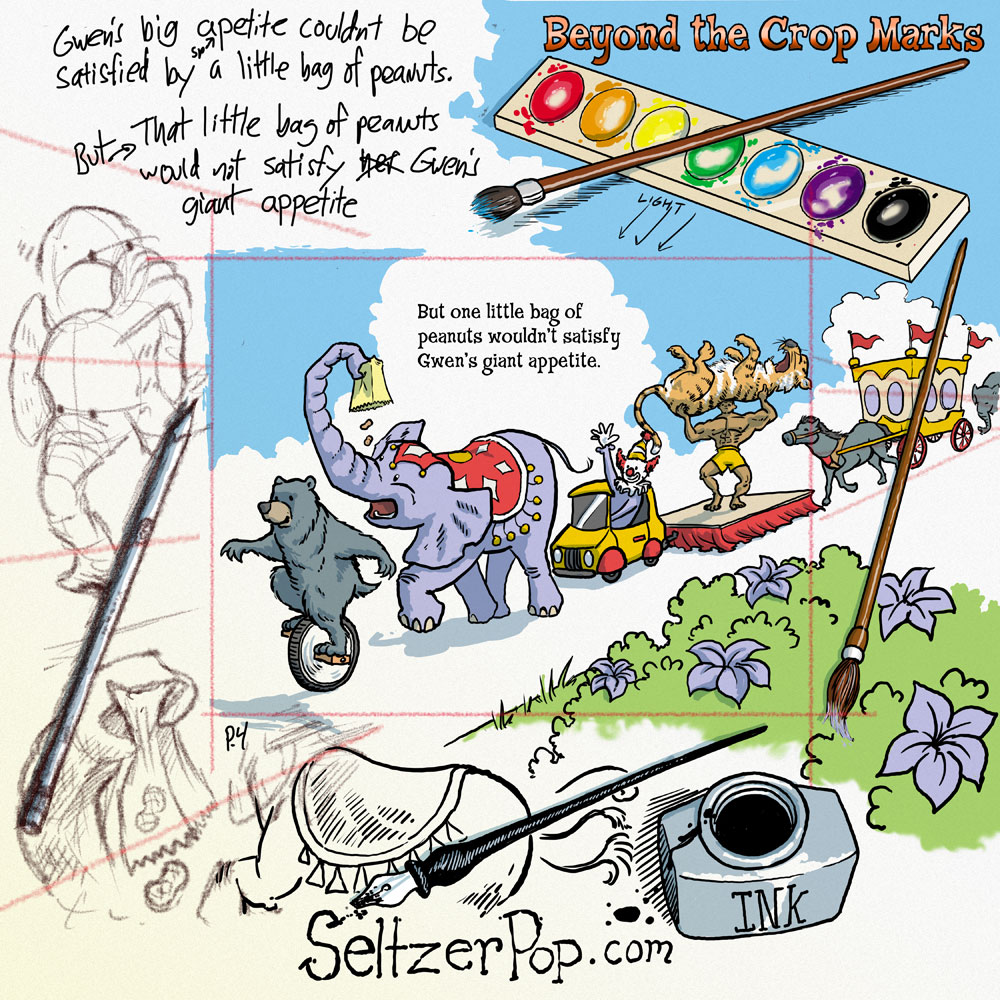In honor of Theodore Geisel (aka. Dr. Seuss), whose birthday is March 2nd, I thought I’d examine his rhyme and meter. Maybe I’m just a humble illustrator but, I’ve also been a humble editor and humble ghost-writer for years. Besides, who can ignore the genuine power of rhyme. Rhyme makes the mundane into magic and causes an, almost supernatural, emotional response. But it only works if you do it correctly. If a rhyme is a cake then to bake one you can’t leave out the key ingredients. A rhyme won’t ‘rise’ without a proper meter. And no one wants to digest that cake.
Let’s look at this first stanza from Oh, The Places You’ll Go. 
The meter he chose is a Pentameter, which simply means five ‘feet’ or five beats. In this stanza, he breaks each Pentameter into a Dactyl followed by a Spondee. A Dactyl is composed of a three feet, stressed-unstressed-unstressed. And the rhyme is a Spondee which is simply two stressed syllables or two mono-syllabic words. This consistent meter sets the stage for the rhyme. Without a consistent meter, the rhyme loses most of its punch.
Now, let’s look at the actual rhyme. The good doctor sets up his punch with a jab. The first and third lines rhyme using a partial rhyme, a consonant one, the weakest of all rhymes. Places and ‘lations use different consonants and different vowels but sound a little bit alike. But that’s okay because it is only the jab in this one-two combo. In the second and fourth lines, Seuss follows through with a full masculine rhyme. Masculine simply means that only the last syllable is rhyming and it is stressed. It is a full rhyme (or perfect rhyme) because each syllable ends with the exact same sound (‘ay).
You may notice the the word Great in line 3 doesn’t seem to fit in the formula. Dr. Seuss often sticks in an extra beat in this region of his stanzas. I can only guess it is there to keep the cadence from becoming monotonous.
If you can rhyme like this, I would love to illustrate your book. If you rhyme like a crazy person, I’ll just charge you more. 
Happy 109th birthday, Theodore Geisel!
![]() My son Parker, who is 5, has recently taken an increased interest in what Daddy does at his job. So, why not use that interest to bond with him? I asked him to draw an alien that I would then color. He did and also drew an alien spacecraft for it to live in. After he went to sleep, I scanned his drawing and colored it in. The excitement in his eyes when he saw it this morning was priceless. We will likely do a whole bunch more of these in the near future. Maybe his twin sister will join in, too.
My son Parker, who is 5, has recently taken an increased interest in what Daddy does at his job. So, why not use that interest to bond with him? I asked him to draw an alien that I would then color. He did and also drew an alien spacecraft for it to live in. After he went to sleep, I scanned his drawing and colored it in. The excitement in his eyes when he saw it this morning was priceless. We will likely do a whole bunch more of these in the near future. Maybe his twin sister will join in, too.
